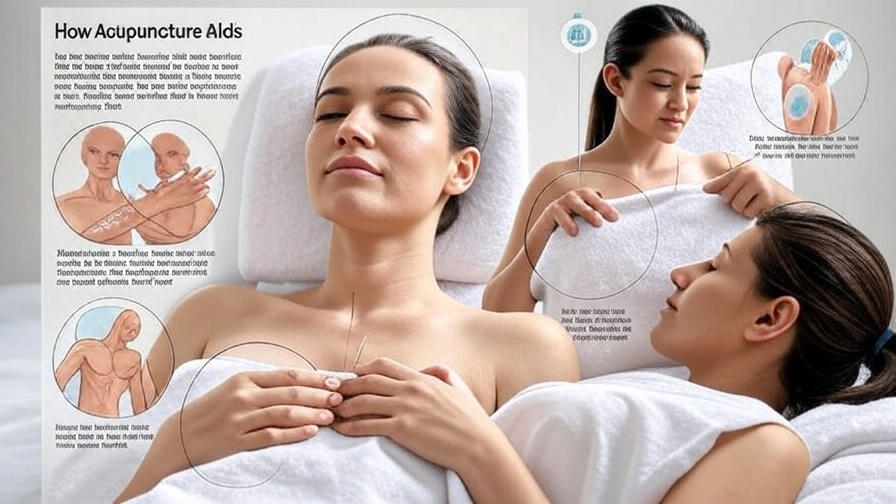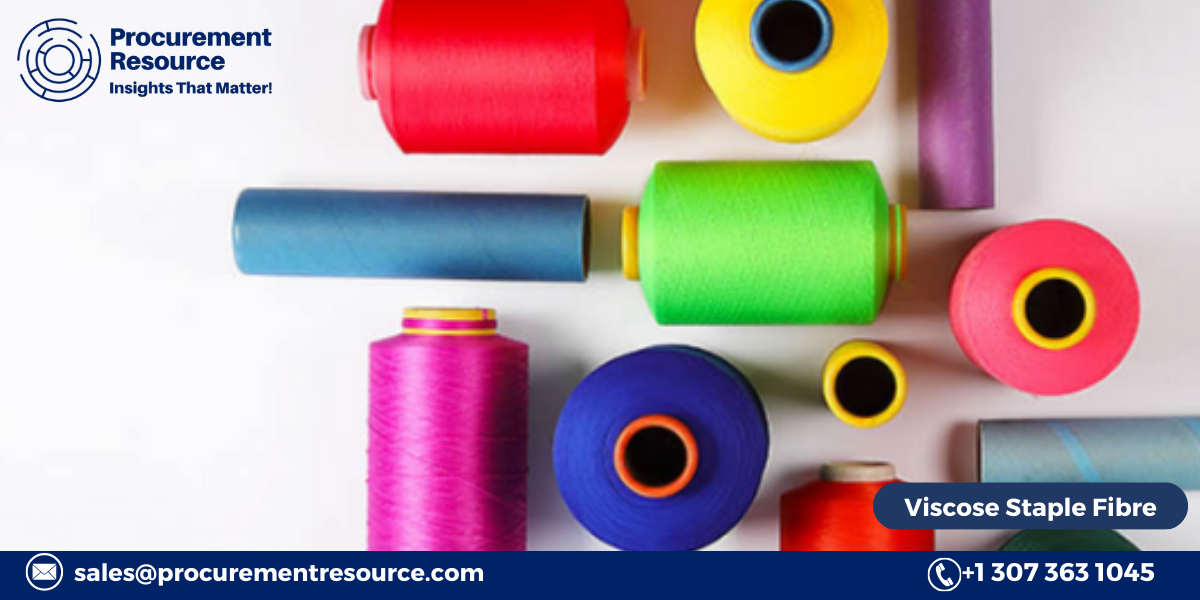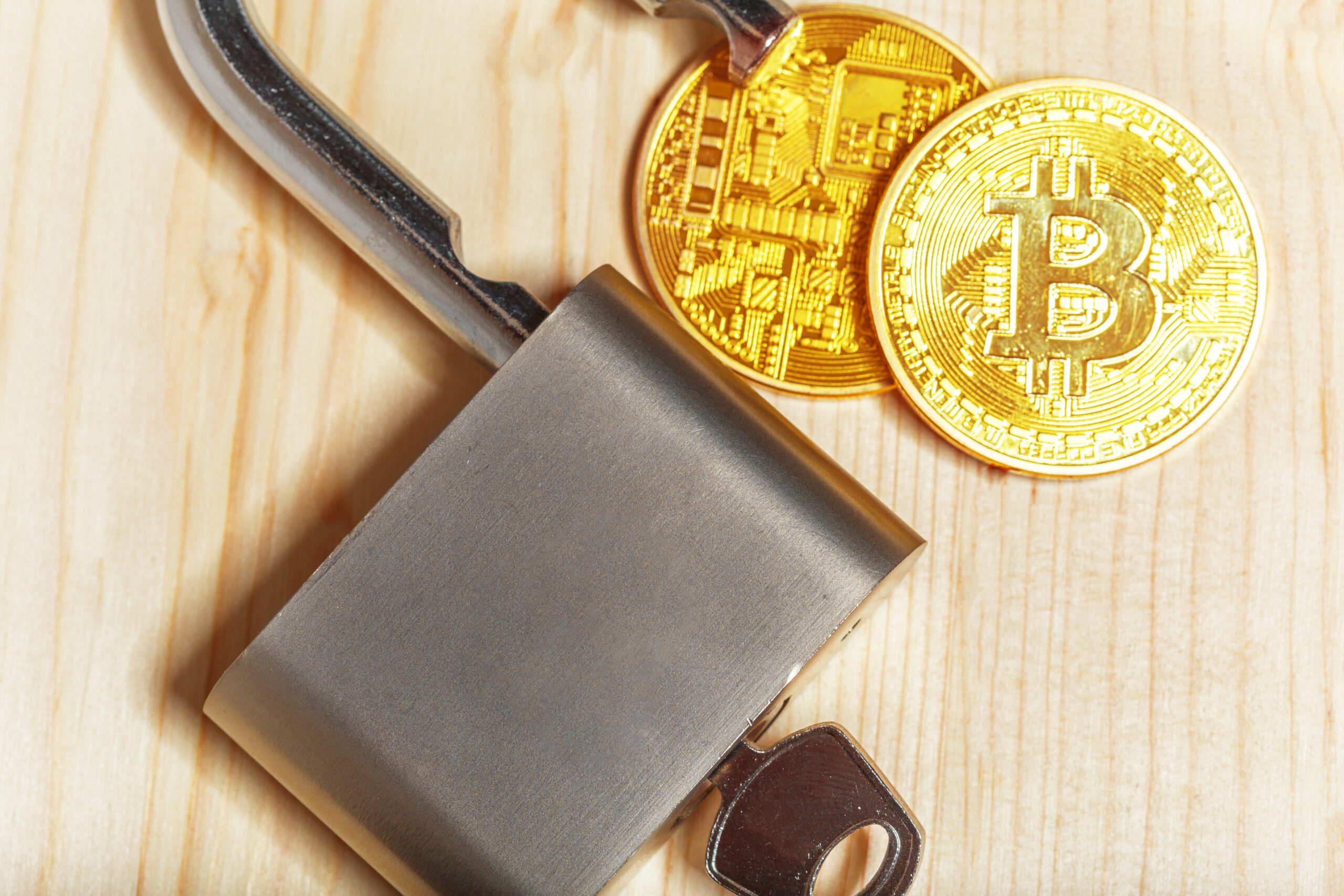Introduction: When the Body Breaks, It Needs More Than Just Bandaids
Car accidents can flip life upside down in a second. Whether it’s a minor fender-bender or a severe collision, your body absorbs a massive amount of physical and emotional stress. While conventional treatments like physical therapy, medication, or surgery remain vital, there’s a growing recognition of complementary healing therapies especially acupuncture for accident recovery.
Yes, those tiny needles are making big waves in rehabilitation. Let’s explore why more people are turning to acupuncture not just for pain relief—but for holistic, full-body recovery after an accident.
Why Recovery After an Accident Requires a Holistic Approach
The human body doesn’t heal in compartments. When trauma strikes—be it whiplash, fractures, soft-tissue injuries, or internal bruising—it affects muscles, nerves, hormones, emotions, and even sleep. Traditional treatments often target symptoms (like pain or stiffness), but they may not address underlying imbalances or energy disruptions.
That’s where acupuncture shines.
Acupuncture for accident recovery works by restoring balance to the entire system—physically, emotionally, and neurologically—allowing the body to do what it’s designed to do: heal.
What Exactly Happens to the Body After an Accident?
Understanding why acupuncture helps means understanding what goes wrong after trauma:
- Inflammation: Triggered to repair tissue but often lingers, leading to chronic pain or stiffness.
- Muscle tightness: Especially in the neck, back, and shoulders due to protective tensing or misalignment.
- Nerve disruption: From pinched nerves or damaged pathways, leading to numbness or tingling.
- Adrenal fatigue: The body’s stress response goes into overdrive, draining hormonal reserves.
- Sleep disruption: Pain, anxiety, and imbalance interfere with deep healing sleep.
These aren’t just physical symptoms—they’re whole-body experiences. That’s why acupuncture for accident recovery targets multiple systems at once.
The Science Behind Acupuncture in Injury Recovery
Acupuncture stimulates specific points along the body’s meridians—pathways where energy, or Qi, flows. When Qi is blocked (as it often is after trauma), dysfunction occurs.
Modern research shows acupuncture:
- Releases endorphins, the body’s natural painkillers
- Reduces pro-inflammatory markers in the blood
- Improves circulation to injured areas, accelerating tissue repair
- Balances the autonomic nervous system, reducing stress and anxiety
- Enhances range of motion and muscle function
- Lowers reliance on prescription painkillers, reducing side effects and dependency risks
A 2021 study in the Journal of Pain Research found that patients receiving acupuncture for musculoskeletal injuries reported a 40% greater reduction in pain and faster return to function than those who relied solely on conventional therapy.
Key Benefits of Acupuncture for Accident Recovery
Let’s break down how acupuncture directly supports post-accident recovery:
1. Pain Management Without the Side Effects
Many accident survivors are prescribed opioids or NSAIDs. While helpful short-term, these medications can cause long-term harm or dependency. Acupuncture offers non-pharmaceutical pain relief that’s safe, effective, and long-lasting.
2. Restoring Mobility and Function
Whether it’s whiplash or a herniated disc, limited range of motion is common. Acupuncture helps relax tight muscles, release trigger points, and encourage neuromuscular re-education.
3. Reducing Scar Tissue Formation
When tissue repairs, it can form adhesions or scar tissue, limiting flexibility. Acupuncture enhances blood flow and lymphatic drainage, minimizing fibrotic buildup.
4. Calming the Nervous System
Accidents are traumatic. Acupuncture regulates cortisol, improves vagal tone, and promotes a shift from fight-or-flight mode to rest-and-digest. This allows deeper healing and improved mental clarity.
5. Boosting the Immune Response
As the body focuses on healing, the immune system often weakens. Acupuncture stimulates immune cells and boosts natural killer (NK) cell activity, reducing the risk of infection or delayed recovery.
Who Should Consider Acupuncture After an Accident?
Anyone who experiences:
- Persistent neck or back pain
- Joint stiffness
- Headaches or migraines
- Sleep disturbances
- Emotional distress or anxiety
- Numbness or tingling
- Slow recovery from surgery or physical therapy
…should explore acupuncture for accident recovery as part of their rehabilitation plan.
It’s especially effective when combined with chiropractic care, physical therapy, or massage therapy—creating a multi-modal approach that targets different levels of healing.
Real-World Example: Acupuncture in Integrated Recovery Centers
Across the U.S., clinics are integrating acupuncture into post-accident treatment. For instance, many personal injury rehabilitation centers in California and Florida now mandate acupuncture referrals within the first two weeks of injury. Why?
Because data shows patients who received acupuncture:
- Returned to work 25% faster
- Required 30% fewer prescription medications
- Reported higher satisfaction with their recovery experience
What to Expect During a Post-Accident Acupuncture Session
If you’re new to acupuncture, here’s how it typically goes:
- Initial Consultation: Your acupuncturist will assess your accident history, symptoms, and healing goals.
- Needle Insertion: Ultra-fine, sterile needles are placed in targeted points, often along meridians connected to pain, inflammation, and stress.
- Relaxation Period: You’ll rest for 20–40 minutes while the needles do their magic.
- Follow-Up Plan: Most patients require 6–12 sessions for optimal results, depending on severity.
Final Thoughts: Healing Isn’t Just Physical—It’s Energetic
Trauma doesn’t only hit bones and muscles—it hits energy systems, emotions, and identity. That’s why acupuncture for accident recovery is more than just a physical treatment. It’s a reset for the whole person.
If you or someone you know is navigating the aftermath of a car accident or personal injury, acupuncture can be the missing piece in the recovery puzzle. It doesn’t replace your doctor or physical therapist—it enhances their work and helps you bounce back stronger.


